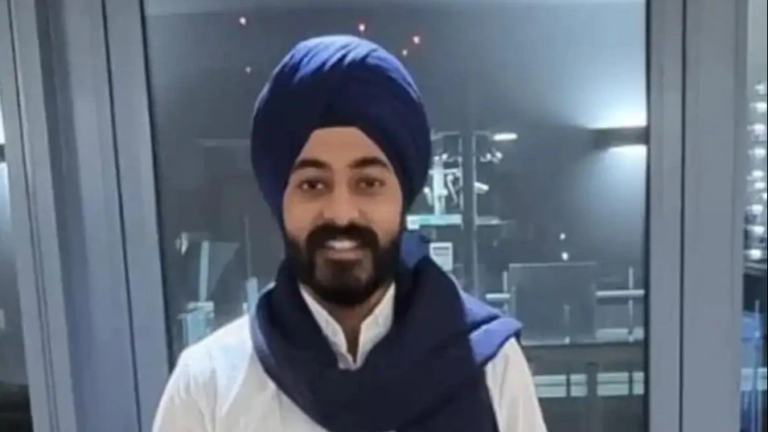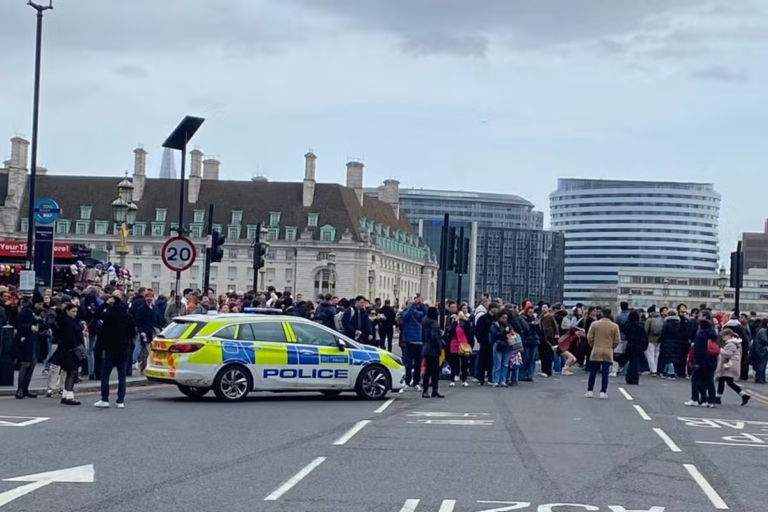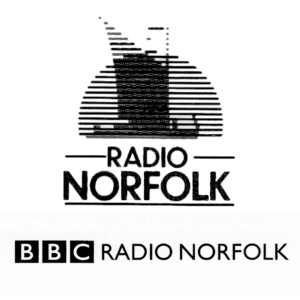Nigel Farage, the prominent British political figure and former leader of the UK Independence Party (UKIP), has been a polarizing figure in British politics for over two decades. Known for his outspoken views on immigration, Brexit, and national sovereignty, Farage has been a key player in the UK’s political landscape, particularly during the Brexit referendum in 2016. In this article, we will delve into the latest news surrounding Nigel Farage, addressing common queries and providing a comprehensive overview of his recent activities, controversies, and public perceptions.
Background: Who is Nigel Farage?
On April 3, 1964, Nigel Farage was born in Farnborough, Kent. He studied at Dulwich College and went on to work in the City of London as a commodities trader. Farage’s political journey began in the late 1990s when he co-founded UKIP, which aimed to withdraw the UK from the European Union (EU). His charismatic style and ability to connect with grassroots voters propelled him to the forefront of British politics.
Farage served as a Member of the European Parliament (MEP) from 1999 until 2014 and became the leader of UKIP in 2006, a position he held multiple times. He is best known for his strong advocacy for Brexit, a campaign that culminated in the 2016 referendum where the majority of British voters chose to leave the EU.
Recent Developments in Farage’s Career
Political Activities Post-Brexit: After the successful Brexit vote, Farage continued to be active in UK politics. He founded the Brexit Party in 2019, which aimed to ensure that the UK fully departed from the EU. The party made significant gains in the 2019 European Parliament elections, winning 29 of the UK’s 73 seats. However, following the completion of Brexit in January 2020, Farage stepped back from frontline politics, claiming that his mission had been accomplished.
Return to Politics: Reform UK: In 2020, Farage joined forces with Richard Tice to reform the Brexit Party into Reform UK, a political movement aimed at addressing issues beyond Brexit, including public services, economic policies, and immigration. Farage has been vocal about the government’s handling of the COVID-19 pandemic and has criticized lockdown measures, positioning himself as a champion of personal freedoms.
Media Presence and Commentary: Farage has maintained a significant media presence, regularly appearing on television and radio. He hosts a show on GB News, where he discusses current events, politics, and his views on government policies. His outspoken nature has attracted both supporters and critics, often igniting debates on various social media platforms.
Key Issues in the News
Immigration Policy: One of the central themes in Farage’s political narrative has been immigration. He has consistently criticized the UK government for what he perceives as inadequate control over immigration policies. Recently, he has spoken out against illegal immigration and the government’s handling of asylum seekers, emphasizing the need for stricter border controls. This topic has resonated with many voters concerned about immigration, leading to heated discussions in the media.
Critique of the Conservative Government: Farage has not shied away from criticizing the Conservative government, particularly under Prime Minister Rishi Sunak. He has accused the government of failing to deliver on promises made during the Brexit campaign, especially regarding immigration and regulatory freedoms. Farage’s comments have sparked discussions about the future direction of the Conservative Party and its ability to connect with traditional Tory voters.
Allegations of Misinformation: Farage has faced accusations of spreading misinformation, particularly related to public health and immigration. Critics have pointed to instances where his statements have been challenged by fact-checkers, leading to debates about the responsibilities of public figures in disseminating accurate information. Farage has countered these claims by stating that he is merely expressing the concerns of many citizens who feel their voices are not being heard.
Public Perception and Controversies
Support and Backlash: Farage remains a divisive figure in British politics. While he has a loyal base of supporters who admire his straightforwardness and commitment to Brexit, he also faces significant opposition from various political groups and members of the public. Polls have shown fluctuating approval ratings, often reflecting broader sentiments about immigration and Brexit.
Social Media Influence: Farage’s presence on social media platforms has played a crucial role in shaping his public image. He has effectively used platforms like Twitter and Facebook to communicate directly with his supporters, bypassing traditional media channels. This strategy has allowed him to maintain relevance in political discussions and mobilize grassroots support.
Controversial Statements: Farage’s career has been marked by controversial statements that have led to accusations of racism and xenophobia. He has faced backlash for comments regarding migrants and the EU, which critics argue perpetuate harmful stereotypes. Supporters argue that he is merely voicing concerns shared by many British citizens about national identity and cultural integration.
Future Prospects
As the political landscape in the UK continues to evolve, Nigel Farage remains a key figure to watch. His ability to resonate with voters on issues like immigration, sovereignty, and national identity ensures that he will continue to influence public discourse.
Potential Political Comeback: There is speculation about whether Farage might make a more formal political comeback in the future, especially if the current government struggles to address key issues facing the country. His supporters remain hopeful that he will re-enter the political fray, potentially seeking elected office once again.
Impact on Conservative Party Dynamics: Farage’s critiques of the Conservative government could influence party dynamics as it seeks to reconnect with its base. The pressure from populist figures like Farage may compel the party to adopt more hardline policies on immigration and other contentious issues.
Continued Media Influence: With his established media presence, Farage will likely continue to shape narratives around important political issues. His ability to communicate directly with the public positions him as a significant influencer in the media landscape.
FAQs
Who is Nigel Farage?
Nigel Farage is a British politician, broadcaster, and political commentator best known for his role as the leader of the UK Independence Party (UKIP) and later the Brexit Party. He was a prominent figure in the campaign for the UK to leave the European Union (EU), advocating for Brexit in various media appearances.
What is the latest news about Nigel Farage?
As of September 2024, Nigel Farage has been involved in various political discussions regarding the future of Brexit and its implications for the UK. He has also been active in media appearances, sharing his views on current political issues and the direction of the Conservative Party post-Brexit. For the most recent updates, it’s advisable to check reliable news outlets or Farage’s social media channels.
Why did Nigel Farage leave UKIP?
Nigel Farage stepped down as the leader of UKIP in 2016 after the successful Brexit referendum. He returned briefly to lead the party again but ultimately left UKIP in 2019 due to internal disputes and the party’s direction. He later founded the Brexit Party, focusing solely on delivering Brexit.
What is Nigel Farage’s stance on immigration?
Farage has been a vocal advocate for stricter immigration controls in the UK. He believes that reducing immigration is essential for protecting British jobs and public services. His views have been both supported and criticized, reflecting the polarized opinions on immigration in British politics.
Conclusion
Nigel Farage remains a prominent and controversial figure in British politics. His advocacy for Brexit and strong stance on immigration have solidified his place in the political arena, even as he navigates the complexities of a changing political landscape.
As discussions surrounding these issues continue, Farage’s voice will undoubtedly remain influential, reflecting the sentiments of many British citizens who feel strongly about their national identity and the future of the UK. Whether in politics or media, Farage’s impact is undeniable, making him a significant figure to watch in the coming years.
To read more, Click Here .







